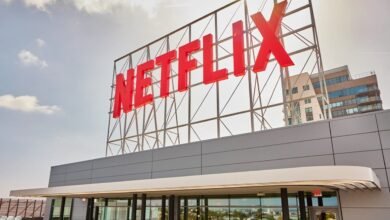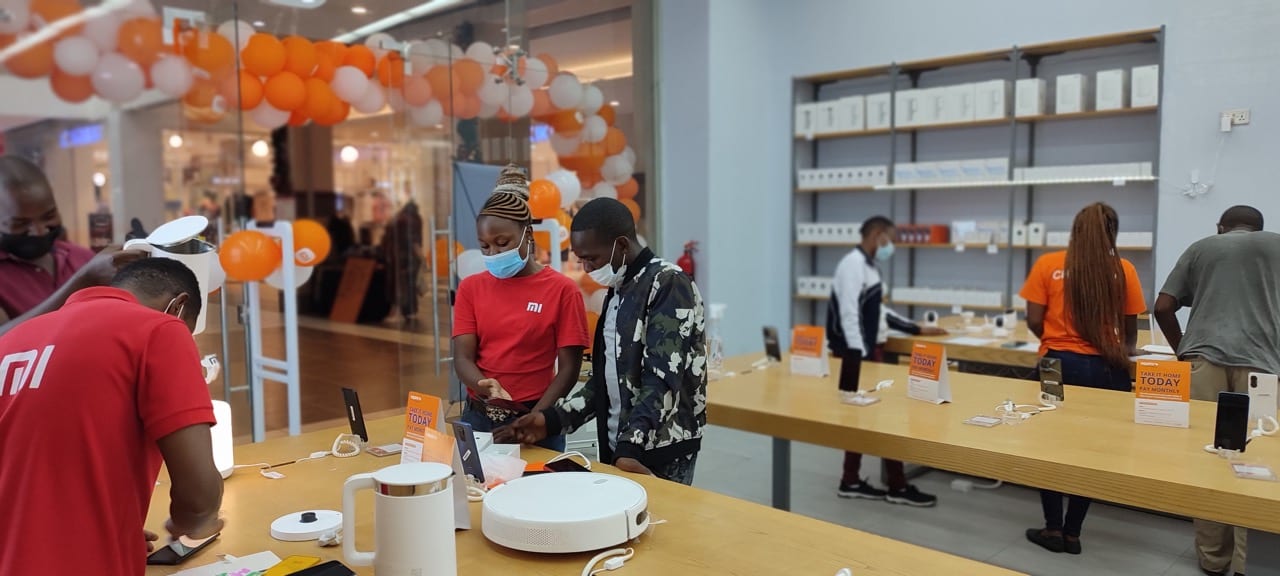
The era of MultiChoice as an independent African media giant is officially over. French media conglomerate Canal+ has finalized its ~$2 billion (R35 billion) takeover of the DStv owner, creating a pan-African entertainment behemoth with the scale to take on global streaming giants.
The deal, which became unconditional on September 19th, is the largest in Canal+’s history and forges a new global player with over 40 million subscribers across nearly 70 countries. For years, Africa’s pay-TV market was split along colonial lines: Canal+ dominated French-speaking nations while MultiChoice ruled the English-speaking territories. This merger dissolves that rivalry, creating a unified front with one clear mission: build a fortress strong enough to withstand the onslaught from Netflix, Disney+, and Amazon Prime Video.
As expected, there’s a new guard at the top. Canal+ CEO Maxime Saada is the new chairman of the MultiChoice board, with his lieutenants David Mignot and Nicolas Dandoy stepping in as the new group CEO and CFO, respectively. But in a savvy move to retain crucial market knowledge, outgoing MultiChoice CEO Calvo Mawela has been appointed chairman of the combined Canal+ Africa operations. It’s a clear signal that this is an integration, not just a conquest.
The deal’s masterstroke, however, was a clever regulatory hack to navigate South Africa’s strict foreign ownership laws, which cap a foreign entity’s voting rights in a local broadcaster at 20%. To solve this, MultiChoice carved out its South African broadcasting license into a new, ring-fenced company dubbed “LicenceCo”.
This new entity is majority black-owned and controlled, with empowerment partners like Phuthuma Nathi holding the largest voting bloc (39%). The Canal+-controlled MultiChoice Group retains a hefty 49% economic interest in LicenceCo but is legally limited to just 20% of the voting rights, satisfying the law. This brilliant piece of corporate engineering insulated the local license, allowing Canal+ to exercise its full voting power over the rest of the global group.
With the keys to the kingdom, Canal+ now controls a powerful, if mixed, portfolio of assets. The crown jewels are the DStv and GOtv platforms and, most importantly, SuperSport, whose exclusive rights to premium sports like the English Premier League form a powerful competitive moat. Another prize is Irdeto, a wholly-owned global cybersecurity firm that counts Netflix among its clients, providing crucial revenue diversification.
The group’s big hope for the future is Showmax, its streaming service, now supercharged by a joint venture with NBCUniversal that gives it access to the Peacock tech platform. This is the primary weapon in the fight against the global streamers.
However, the portfolio has a problem child: a 49% stake in the sports betting company KingMakers (BetKing). The venture has been a cash drain, hit by staggering losses and a R2 billion write-down thanks to expansion costs and currency devaluation in Nigeria. One of the first major tests for the new leadership will be deciding whether to double down on this bet or cut their losses.
For now, it’s business as usual for subscribers; billing and packages remain unchanged. But behind the scenes, the integration has begun. MultiChoice will align its financial calendar with its new French parent, and Canal+ has promised to unveil a detailed strategic plan—including expected synergies—in the first quarter of 2026. That’s when we’ll get the first real glimpse of the new king of African media’s grand strategy.





